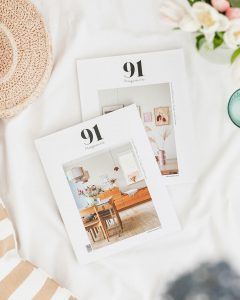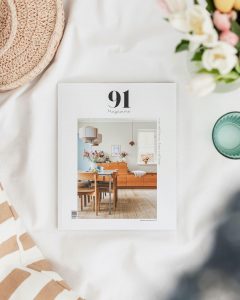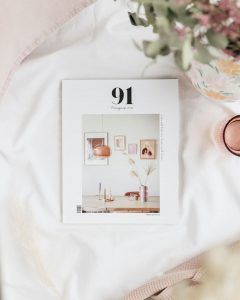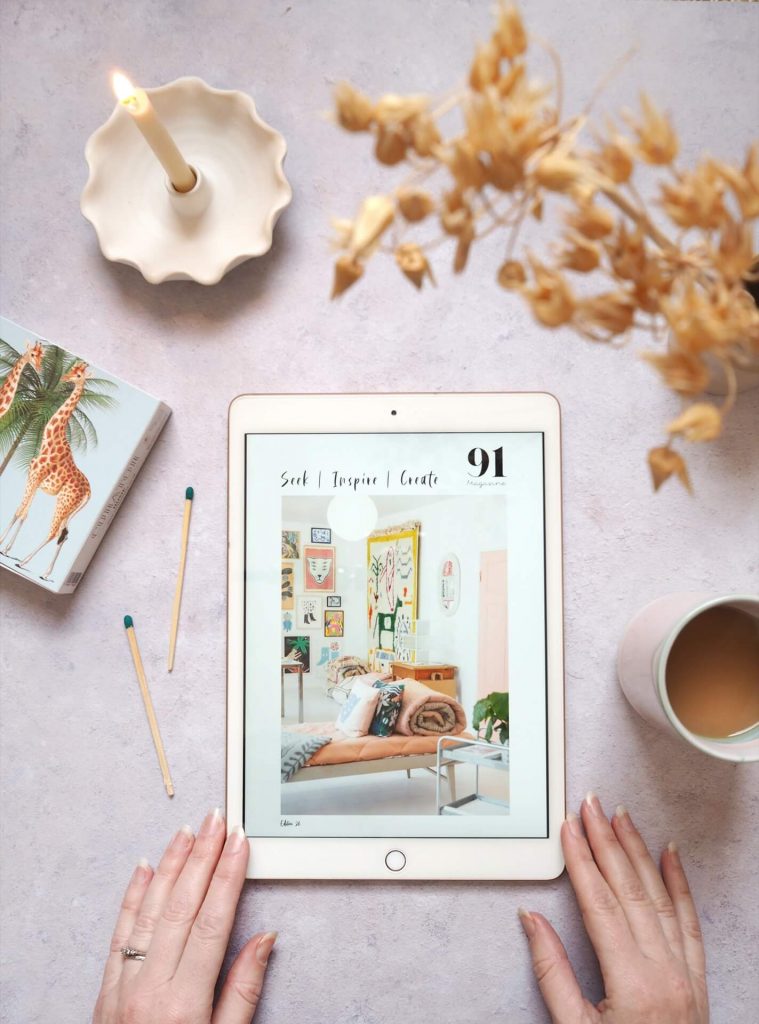Introverted people have had a rough ride in the past, especially in the world of business. Society has judged the quieter nature of introverts as a weakness, as if they couldn’t be strong leaders or able to make confident decisions. But, this is simply not true. Introverts take their energy from spending time on their own, recharging in an environment that feeds their need for introspection. This does not make them any less of a leader or decision maker – in fact, it often makes them better at these roles due to their considered approach.
Often introverted business owners will try to present themselves differently, wanting to appear more extroverted, assuming that this may further their chances of getting ahead. But this can be detrimental not only to their business, but also to their health. Interior Designer Angie Barron describes her experience of this and why she is now embracing her introverted nature to create a thriving business that nurtures her professionally and personally.
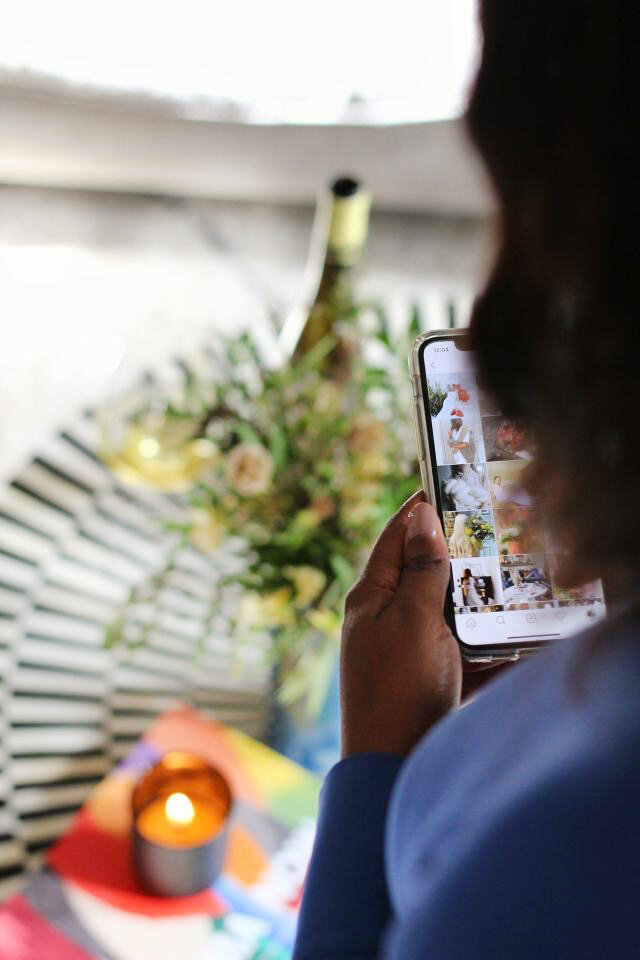
Just over 18 months ago, I started my Instagram account to document the renovation of our 1901 Edwardian home. It started out as a visual diary, a private outlet for inspiration and ideas, but it quickly turned into something more – a means to support my ambitions to work in the interior design industry; I was slowly turning my hobby into a career.
This was great for a while. I enjoyed having my own little corner of the internet to showcase my work, style and sensibility in interior design and decorating. I enjoyed meeting like-minded interior lovers and Instagram was and still is, a wonderful community to be part of. I began to get offers of work with brands through my account and had it featured across the internet on sites such as Apartment Therapy. I was a guest on The Great Indoors podcast, sharing my experiences of racial discrimination in the interiors industry, all of which led to several thousand more pairs of eyes on me and my Instagram feed.
Sounds good right? So where did it all go wrong?
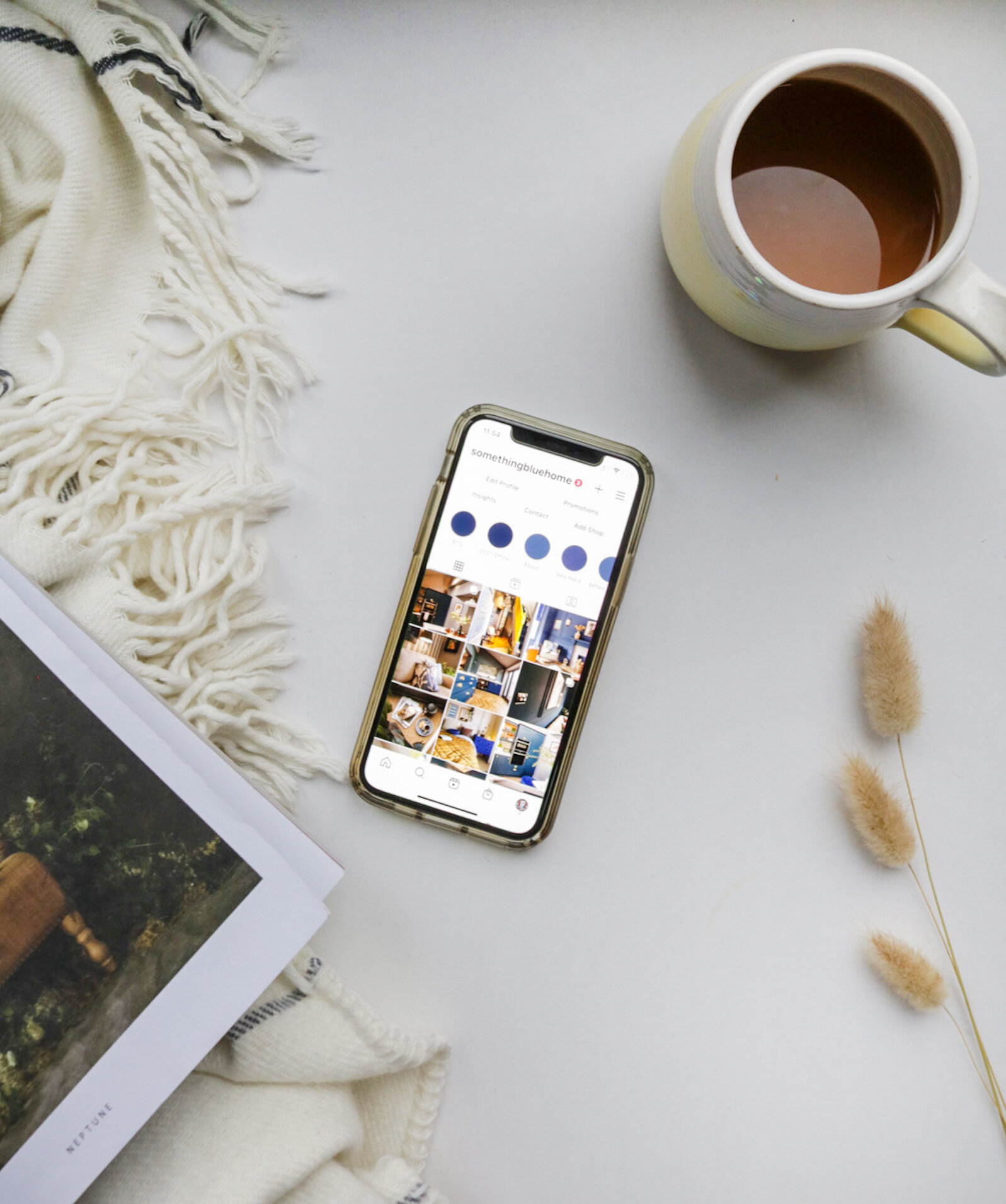
In less than six months, I went from loving what I was doing and being grateful for Instagram and the opportunities it afforded me, to opening the app and physically feeling my chest getting tighter and tighter, which ultimately resulted in hospitalisation.
The simple truth is – I lost myself. I was trying to be a self-promoting, over-confident, authoritative business owner, and that is not who I am. I was blindsided by what everyone else was doing and convinced myself that the only way to run an online business was loudly.
I was posting at optimum times every day, liking, commenting, engaging with people’s posts, checking stats and pandering to the algorithm. I would spend hours and hours doing this because all of the online advice, strategies and business coaches said that was what you needed to do to grow a business.
I hungrily scrolled, obsessively scouring for leads, looking for the next project or client, thinking of content to create, wondering if every person that messaged me about a wall colour could become a potential client. This went on for months, all in the hope that it would drive clients to my site. It worked, but who had I become?
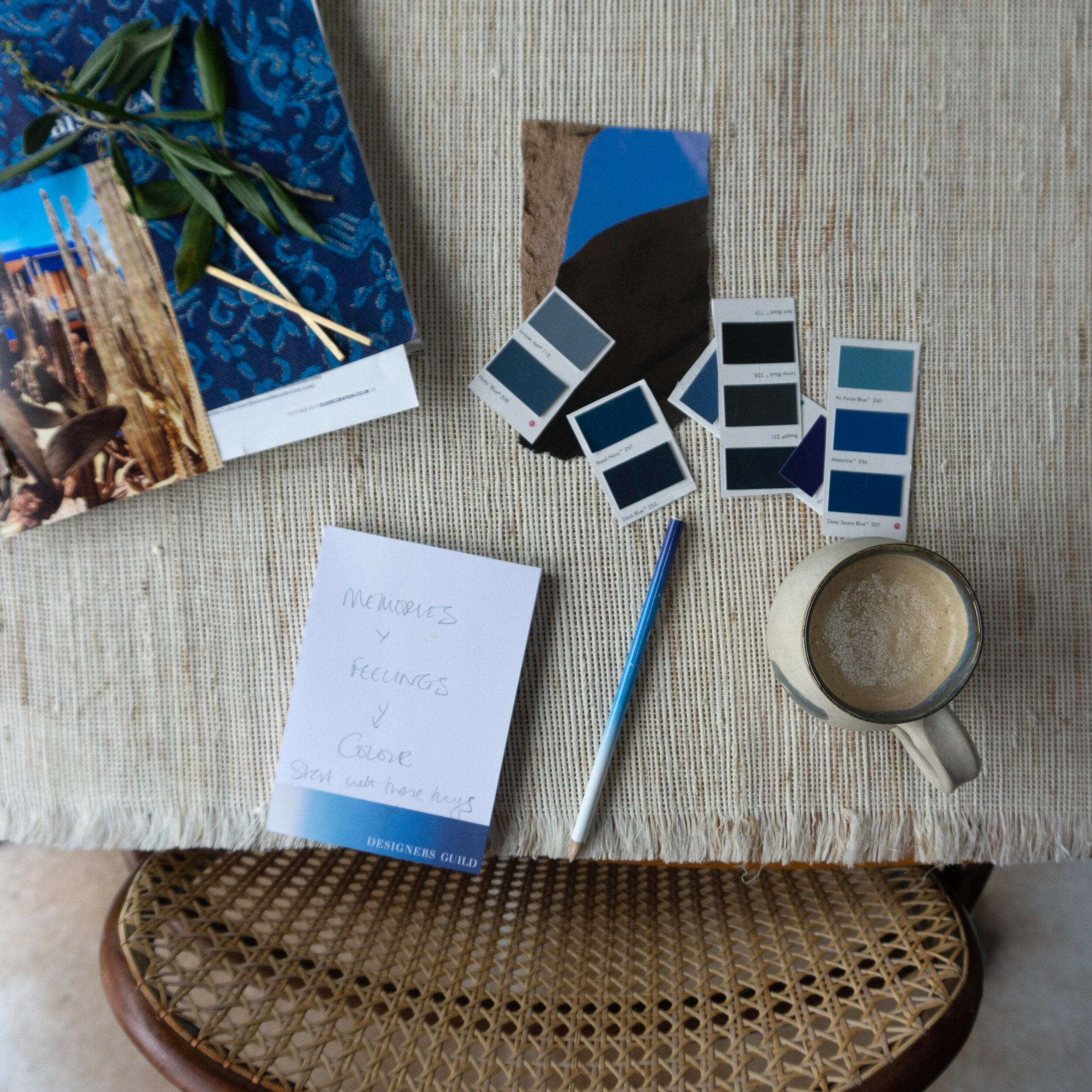
I was feeling tired, frustrated and panicked. I felt like an inadequate failure if a post bombed. The never-ending game of content creation and finding my audience was exhausting.
It wasn’t just social media that was having a negative effect – after I launched my business, rather than sticking to my key services, I found myself saying yes to everything for the sake of money, and many of those clients were not right for me, my business or my values.
I didn’t have an appropriate screening system for my ideal client. I was trying to do it all and be everything to everyone. Need an interior designer? Hire me! A stager? Hire me! A stylist? Content creator? Hire me! I was spreading myself far too thinly, loosing focus and, as a result, burning out fast.
There’s an unhealthy culture around creatives, business owners and freelancers that dictates they should hustle, network, be agile and reactive, and even build a six-figure business overnight. But what if you can’t cope with this sort of stress and adrenalin?
As someone who suffers from anxiety and PTSD – something I’ve never spoken about online – I found this way of working excessively tiring and draining. I was spending 10-14 hours on my phone every day and I dreaded those mocking notifications of average screen time statistics. But I told myself it was part of my job, so it was ok.
I was losing sleep thinking about these so-called business strategies and missing out on vital moments, like talking to my partner and actively listening to his anxieties and worries about his own job. I was having phone conversations with my elderly parents while also trying to reply to DMs and work on my website all at the same time.
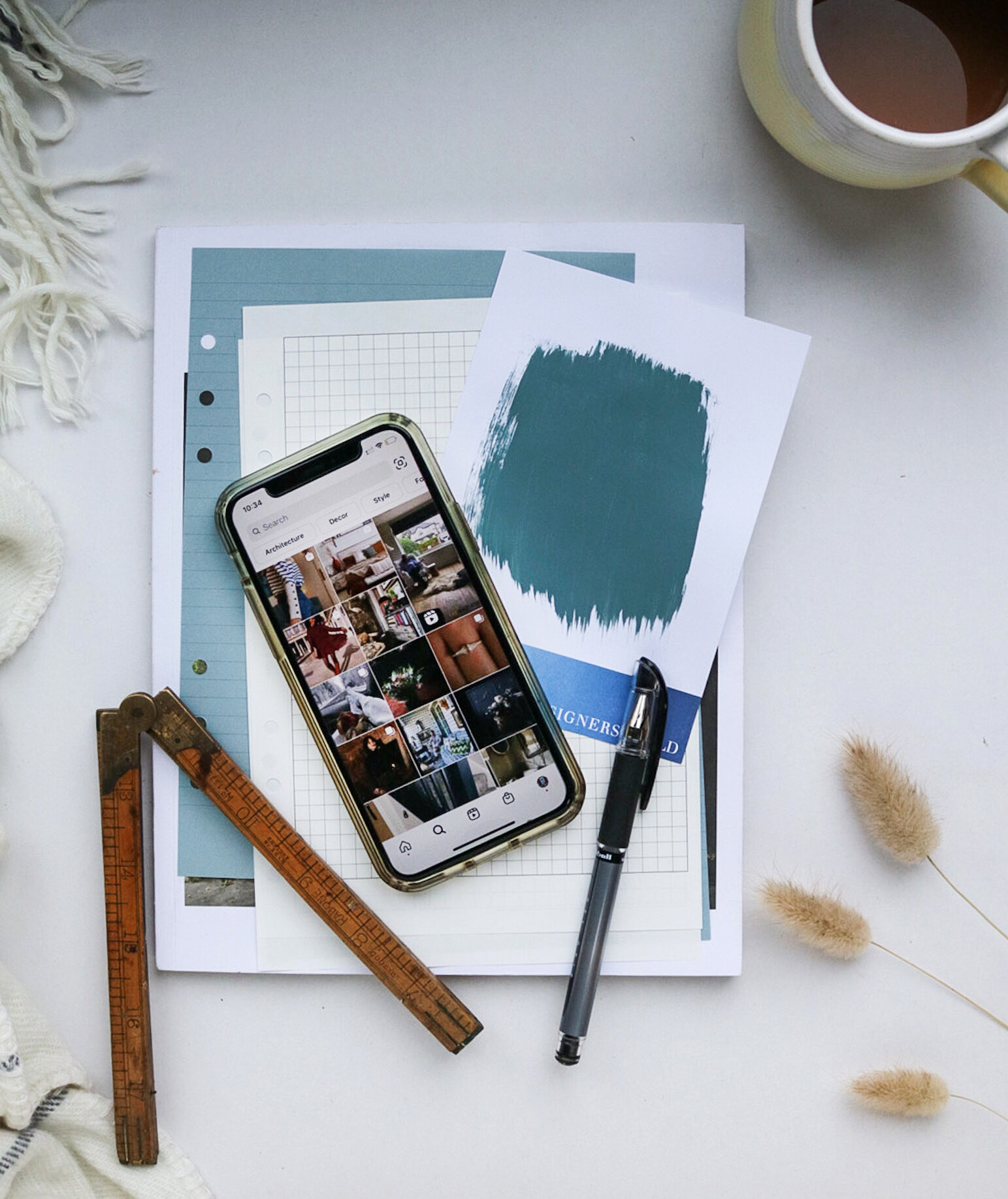
I was having a daily battle with myself: the entrepreneur self that was chasing her dreams, grinding and hustling; and the introvert self that is slow, cautious and kind to herself.
I would beat myself up over why I couldn’t and didn’t want to do Instagram lives, to talk on stories, or show my face on my feed. I am naturally private and introverted, and the very thought of it made me ill. But I kept hearing that this is what I needed to do for my business to connect on a personal level with my clients.
Ultimately, the whole experience ended with me in hospital with my heart racing at 130bpm from anxiety – a wake-up call that’s for sure – and I was left asking myself why, as an introvert, do I even have social media? What a bloody contradiction. But here’s the thing: introverts can be creative, show their work and inspire others on their own terms.
This is a permission slip to everyone in a similar situation. You are allowed to carve your own path, no matter how wildly different it looks from others. Your worth is inherent and not dependent on the opinion, judgment or how well you respond to the rigid expectations of society and others.
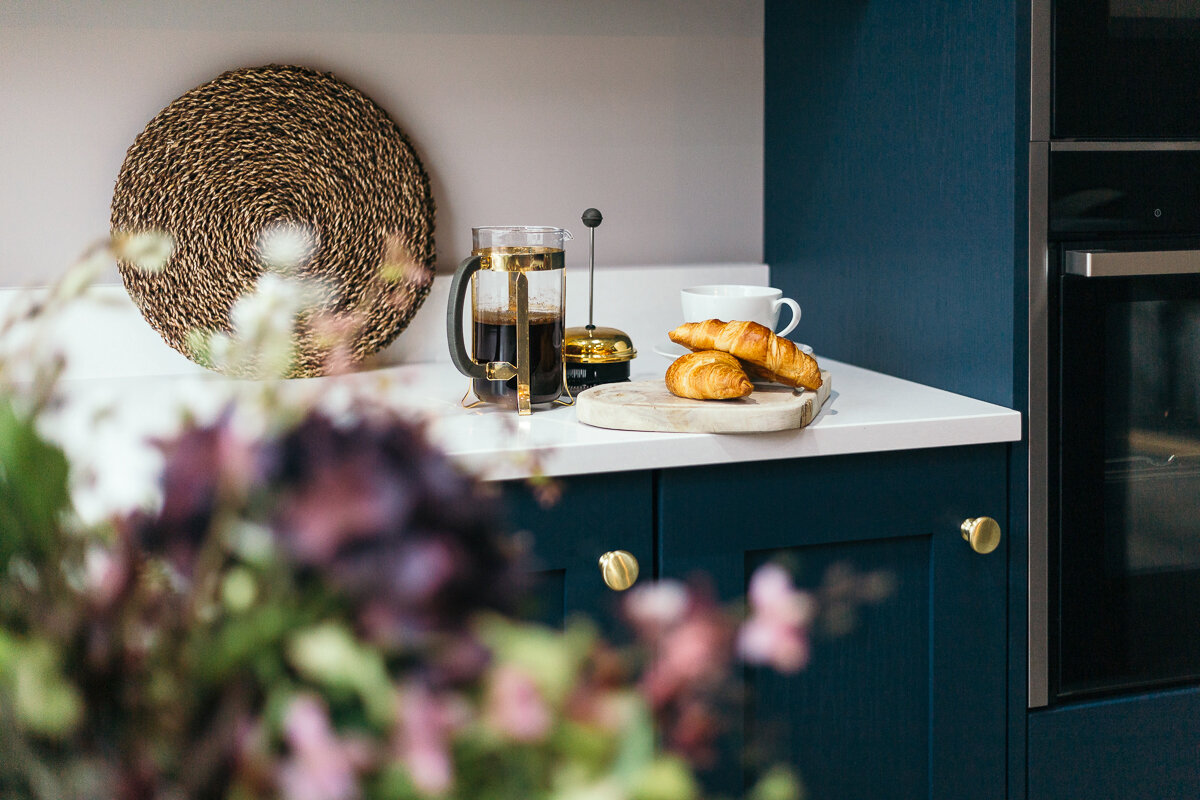
It’s important to cut through all of the noise, hear yourself, and then believe in yourself. This realisation has helped to alleviate my anxieties surrounding social media. I’ve came to terms with the fact that it is not whether or not I use it, but how I use it that matters. To use it for good, and in my own way, slowly and unshackled by the dreaded algorithm.
I’ve taken down my services page on my website and I am taking time out to create a business model that is truly suited to my personality, lifestyle and mental health instead of an interpretation of what I thought it should be.
Growing your business slowly is the best way to understand your core services and who will value them the most. Even if this is a tiny pool of people, targeting a small, engaged and relevant audience is infinitely more productive than watering down your offering and trying to appeal to everyone.
Defining a niche that is deeply connected to your own beliefs and journey is the most authentic way to sell. The quiet, assured pitch of ‘slow business’ is something I have finally arrived at after a long journey of trying, and failing, to be a ruthless, shouty, busy business owner.
There is space and a pace for everyone to do their thing in their own way, we just need to take time to figure out exactly what that looks like and create a business that will feed your soul for many years to come.
Check out Angie’s interior design website: www.somethingbluehome.com
Photography: Angie Barron

